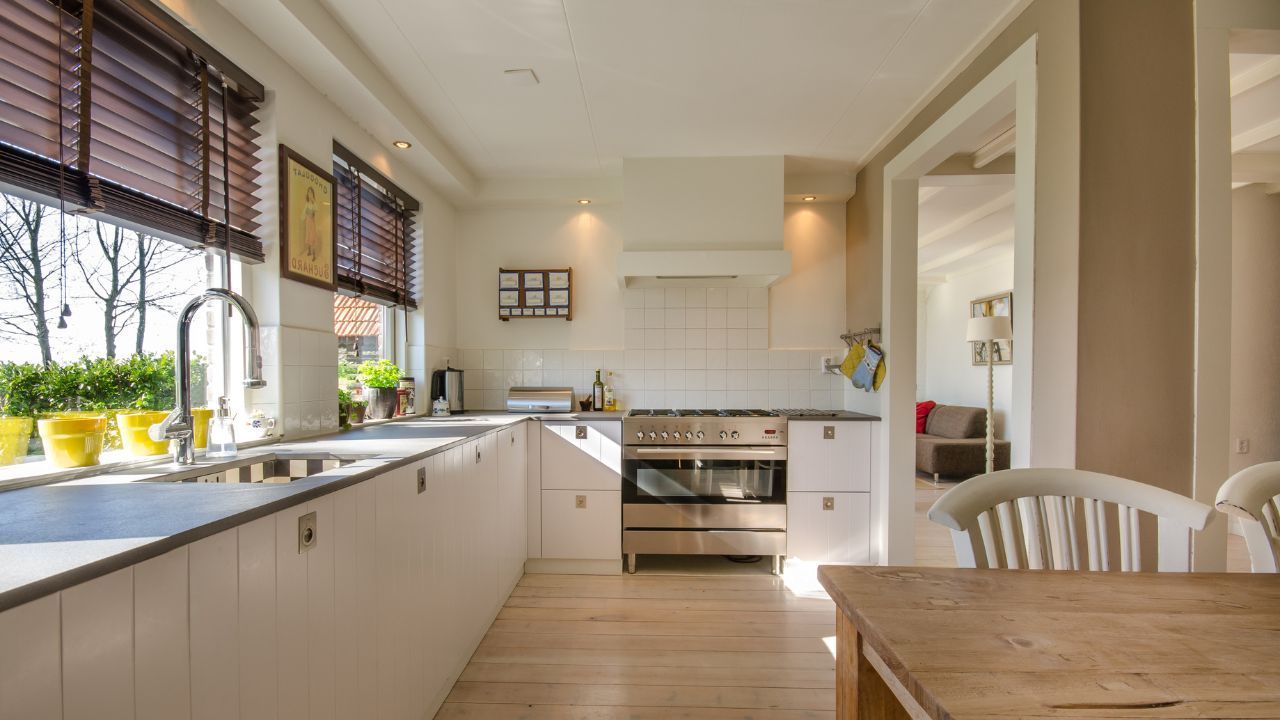Top 3 Recommended Policies
Index
Contact Us
Nestled in the heart of Texas, Cedar Park is a thriving community known for its vibrant atmosphere, excellent schools, and family-friendly amenities. As more people choose to call Cedar Park home, understanding the ins and outs of home insurance becomes crucial. Home insurance is not just a financial safety net; it is a vital component of homeownership that protects your investment against unforeseen events. This guide aims to provide comprehensive insights into home insurance in Cedar Park, TX, helping homeowners make informed decisions.
Understanding Home Insurance Basics
What is Home Insurance?
Home insurance, also known as homeowner's insurance, is a type of property insurance that covers losses and damages to an individual's house and assets in the home. It typically includes interior and exterior damage, loss or theft of belongings, and personal liability for harm to others. In Cedar Park, as in other parts of Texas, having a robust home insurance policy is essential due to the potential risks homeowners face.
Policies can vary widely, offering different levels of coverage. Standard policies generally cover the structure of your home, personal belongings, liability protection, and additional living expenses if you are temporarily unable to live in your home due to a covered disaster. Understanding these components is key to selecting the right policy for your needs.
Why is Home Insurance Important in Cedar Park?
Cedar Park is susceptible to a variety of natural disasters, including severe thunderstorms, hail, and even tornadoes. These events can cause significant damage to homes, making insurance a critical safeguard. Additionally, home insurance can protect against theft and vandalism, which, although less common, are still potential threats.
Beyond natural disasters, home insurance provides peace of mind. It ensures that homeowners are financially protected against unexpected events that could otherwise result in substantial out-of-pocket expenses. This financial protection is particularly important for those with mortgages, as lenders typically require insurance coverage.
Types of Home Insurance Coverage
Dwelling Coverage
Dwelling coverage is the cornerstone of any home insurance policy. It covers the structure of your home, including the walls, roof, and built-in appliances. In Cedar Park, where severe weather can cause structural damage, having adequate dwelling coverage is essential. This coverage ensures that if your home is damaged or destroyed by a covered peril, you can rebuild or repair it without incurring significant financial losses.
When selecting dwelling coverage, it is important to consider the cost of rebuilding your home in today's market, not the market value of the home. This ensures that you have sufficient funds to cover construction costs, which can fluctuate over time.
Personal Property Coverage
Personal property coverage protects your belongings within the home, such as furniture, electronics, and clothing. In the event of theft, fire, or other covered disasters, this coverage helps replace or repair your possessions. For Cedar Park residents, this is particularly important given the area's susceptibility to weather-related incidents.
It is advisable to conduct a home inventory to determine the value of your personal belongings. This can help ensure that you have adequate coverage and streamline the claims process if you need to file one.
Liability Protection
Liability protection is a crucial component of home insurance that covers legal expenses and damages if someone is injured on your property or if you accidentally cause damage to someone else's property. In a community-oriented place like Cedar Park, where social gatherings and neighborhood interactions are common, liability protection offers peace of mind.
This coverage can help pay for medical bills, legal fees, and any settlements or judgments. It is important to assess your liability coverage limits to ensure they are sufficient to protect your assets.

Factors Affecting Home Insurance Rates in Cedar Park
Location and Risk Factors
Insurance rates in Cedar Park can be influenced by the location of your home and the associated risk factors. Homes located in areas prone to flooding or severe weather may have higher premiums. Additionally, proximity to fire stations and hydrants can impact rates, as homes closer to these services are considered lower risk.
Understanding these factors can help homeowners make strategic decisions about where to live and how to mitigate risks, potentially lowering insurance costs.
Home Characteristics
The age, size, and construction materials of your home can also affect insurance rates. Older homes may have outdated systems that pose higher risks, while larger homes typically require more coverage. Homes built with fire-resistant materials or equipped with security systems may qualify for discounts.
Regular maintenance and upgrades can help reduce risks and potentially lower premiums. For example, installing a new roof or updating electrical systems can make your home safer and more attractive to insurers.
Personal Factors
Personal factors, such as your credit score and claims history, can influence your home insurance rates. Insurers often view a good credit score as an indicator of responsible financial behavior, which can result in lower premiums. Conversely, a history of frequent claims may lead to higher rates.
Maintaining a good credit score and minimizing claims can help keep your insurance costs manageable. Additionally, bundling home insurance with other policies, like auto insurance, may offer discounts.

How to Choose the Right Home Insurance Policy
Assessing Your Coverage Needs
Choosing the right home insurance policy begins with assessing your coverage needs. Consider the value of your home and belongings, as well as potential risks specific to Cedar Park. This assessment will guide you in selecting appropriate coverage limits and policy features.
Consulting with an insurance agent can provide valuable insights and help tailor a policy to your specific needs. Agents can offer advice on coverage options and help you understand the nuances of different policies.
Comparing Insurance Providers
Shopping around and comparing insurance providers is crucial to finding the best policy. Look for companies with strong financial ratings and positive customer reviews. Consider the range of coverage options they offer and their reputation for handling claims efficiently.
Requesting quotes from multiple providers can help you compare costs and coverage. Be sure to read the fine print and understand what is included in each policy to make an informed decision.
Reviewing Policy Terms and Conditions
Before finalizing a home insurance policy, thoroughly review the terms and conditions. Pay attention to exclusions, deductibles, and any additional endorsements that may be necessary for comprehensive coverage. Understanding these details can prevent surprises when filing a claim.
Regularly reviewing your policy, especially after major life changes or home improvements, ensures that your coverage remains adequate and up-to-date. This proactive approach can help maintain optimal protection for your home and assets.
Conclusion
Home insurance is a critical aspect of homeownership in Cedar Park, TX. It offers protection against a variety of risks, ensuring that homeowners can recover from unexpected events without financial strain. By understanding the different types of coverage, factors affecting rates, and how to choose the right policy, Cedar Park residents can secure their homes and enjoy peace of mind. Regularly reviewing and updating your policy is essential to maintaining comprehensive coverage that meets your evolving needs.
Whether you are a new homeowner or looking to update your existing policy, taking the time to explore your options and understand your coverage can make all the difference in protecting your most valuable asset—your home.






